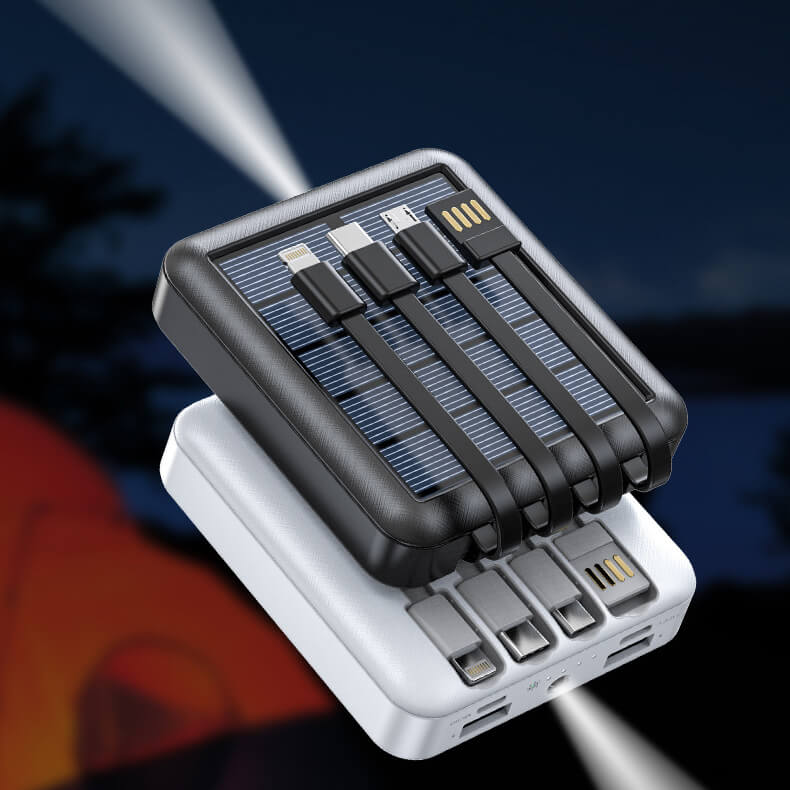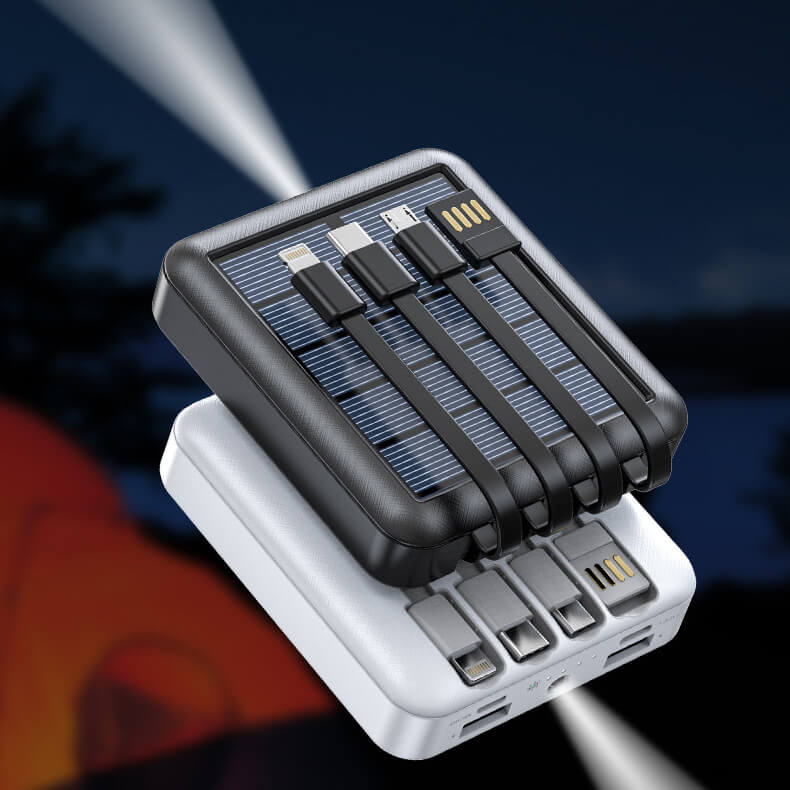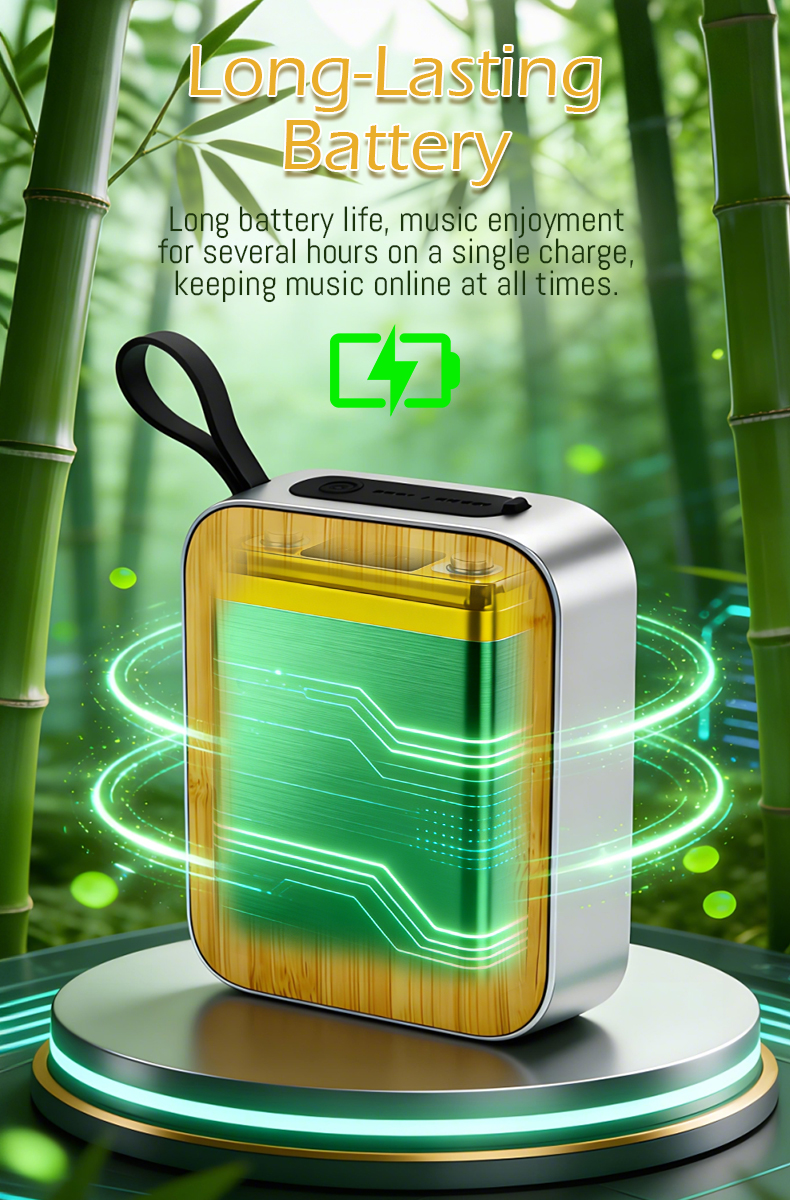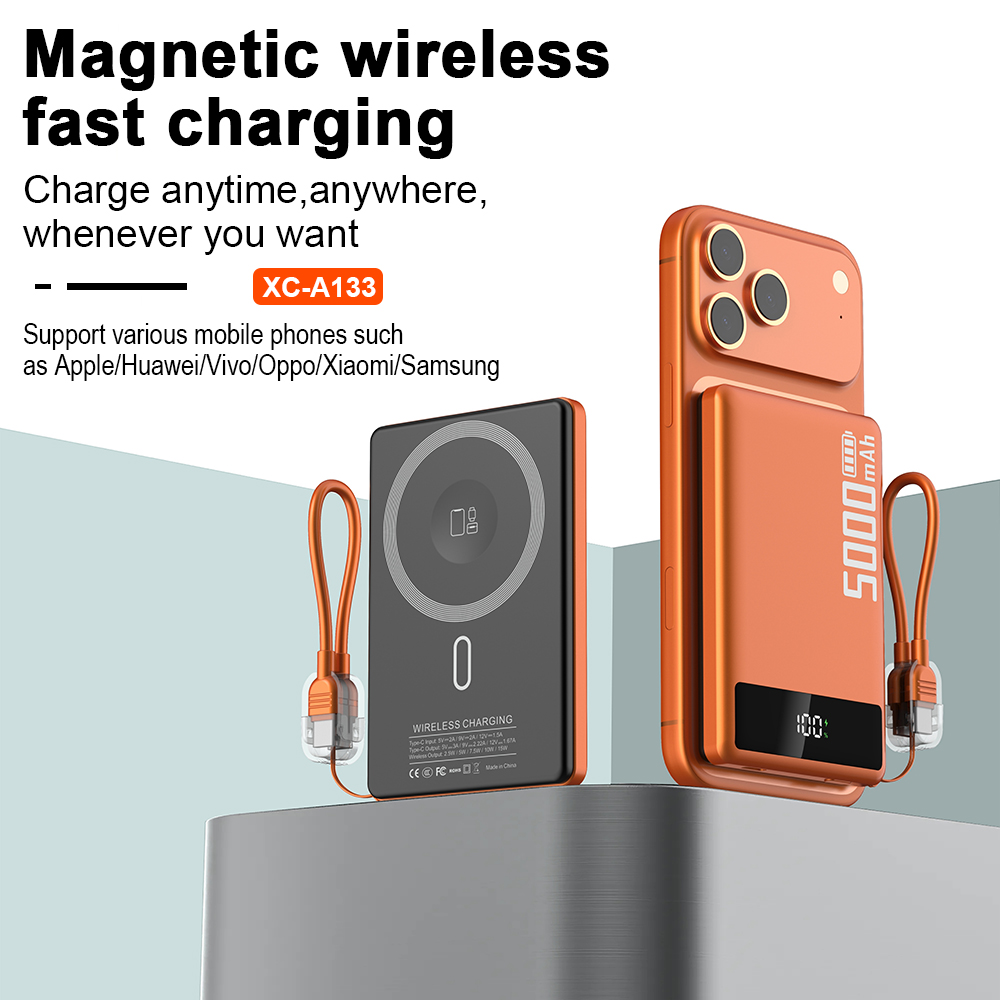Can solar charger be charged by data cable?

Unveiling the Alternative Charging Method

In today's technologically advanced world, the demand for portable electronic devices has significantly increased. Consequently, the need for efficient charging methods for these devices has also grown. One of the most popular and eco-friendly charging options is solar chargers, which harness the power of the sun to charge devices. However, a question that often arises is whether it is possible to charge a solar charger itself using a data cable.
The Functionality of Solar Chargers
Solar chargers are electronic devices equipped with photovoltaic cells that convert sunlight into electrical energy. This energy is then stored in batteries, enabling the charger to deliver power to various devices such as smartphones, tablets, or laptops. The primary purpose of a solar charger is to utilize solar energy and reduce dependence on traditional electricity sources.
The Compatibility Issue: Data Cable vs. Solar Charger
When it comes to charging a solar charger using a data cable, the answer is generally no. Solar chargers usually have specific charging ports designed to work with solar panels and batteries. These ports are different from the USB or micro USB ports found on data cables. Therefore, connecting a solar charger to a data cable will not provide the necessary voltage and current required for charging.
Solar chargers rely on sunlight to generate electricity, and without the conversion process specific to solar panels, data cables cannot deliver the necessary power. Attempting to charge a solar charger using a data cable may result in a slow or ineffective charging process, and in some cases, it may not work at all.
Optimizing Solar Charger Efficiency
To ensure optimal efficiency and performance of a solar charger, it is recommended to charge it using the designated charging method. This typically involves placing the solar charger in direct sunlight or under a strong artificial light source. By doing so, the charger's photovoltaic cells can harness the maximum amount of solar energy available.
Some solar chargers also come with additional features, such as built-in USB ports or adapter cables, which allow for convenient charging of devices without the need for separate data cables. These chargers can be directly connected to electronic devices, eliminating the need for any compatibility issues.
Conclusion
While data cables are not suitable for charging solar chargers, they remain essential for charging the devices that can benefit from solar power. Solar chargers should be charged using their designated charging ports and by placing them in direct sunlight. By utilizing solar energy, we can reduce our reliance on traditional electricity sources and promote a greener and more sustainable lifestyle.




